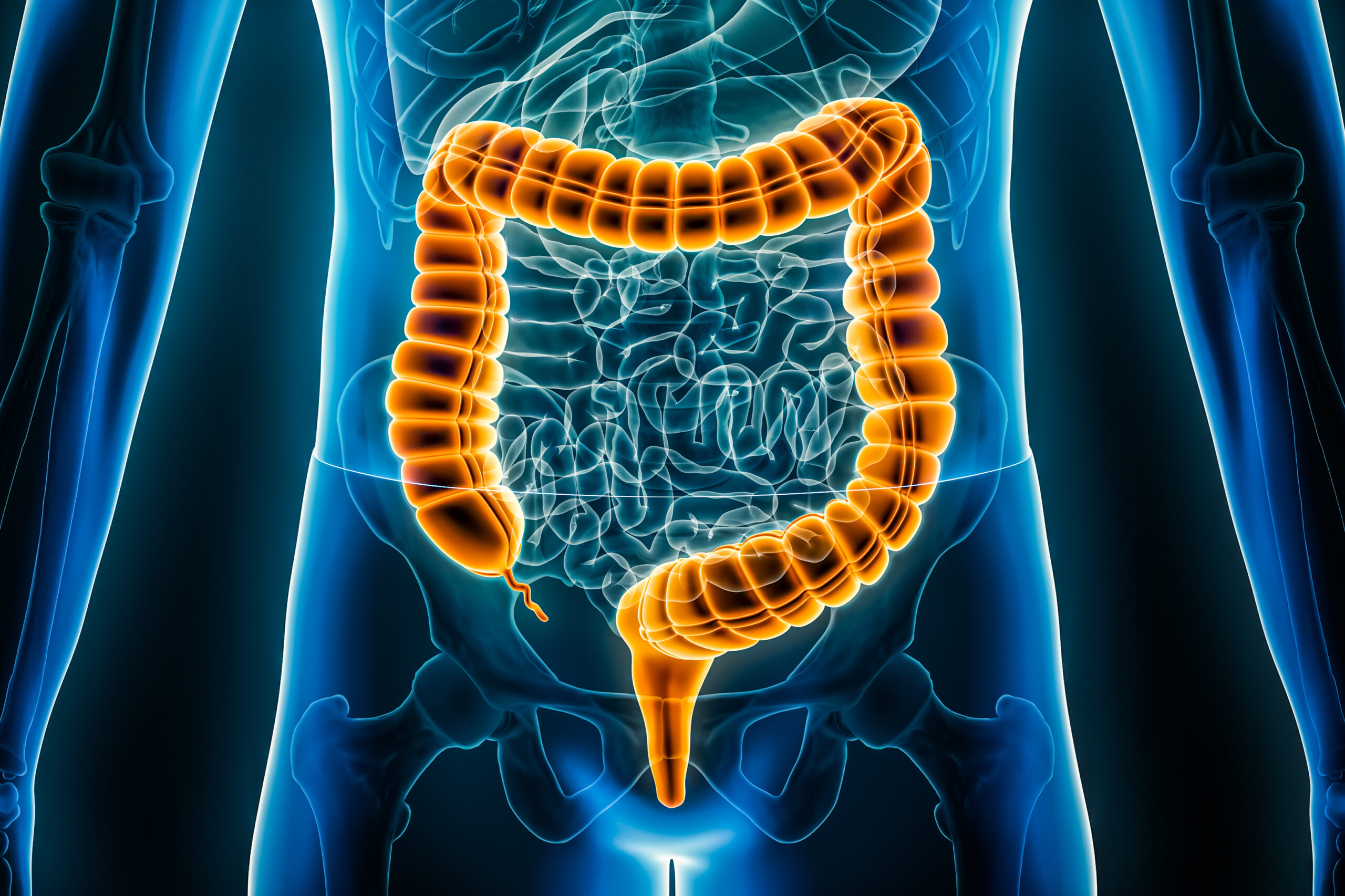Nourishing Choices: Foods to Help You Avoid Colon Cancer
Maintaining a healthy lifestyle is essential for preventing various diseases, and when it comes to colon health, your diet plays a crucial role. Colon cancer is a significant concern, but making informed choices about what you eat can contribute to reducing the risk. Incorporating specific foods into your daily meals can promote a healthier colon and overall well-being.
Firstly, fiber-rich foods are your allies in the fight against colon cancer. Whole grains, such as brown rice, quinoa, and whole wheat, are excellent sources of fiber. Fiber helps regulate bowel movements, preventing constipation and promoting a healthy digestive system. Additionally, fruits like apples, pears, and berries, along with vegetables like broccoli and carrots, provide essential dietary fiber. These foods not only support digestion but also contribute to maintaining a healthy colon environment.
Incorporating cruciferous vegetables into your diet is another smart choice. Vegetables like broccoli, Brussels sprouts, and cauliflower contain compounds that have been linked to a reduced risk of colon cancer. These vegetables are rich in fiber, vitamins, and minerals, making them a valuable addition to your plate. Consider including a variety of colorful vegetables to ensure you get a broad spectrum of nutrients beneficial for colon health.
Probiotics are gaining recognition for their positive impact on gut health, and they can be instrumental in preventing colon cancer. Yogurt, kefir, and fermented foods like sauerkraut and kimchi are excellent sources of probiotics. These foods introduce beneficial bacteria into your gut, promoting a balanced microbiome. A healthy microbiome is associated with a lower risk of colon cancer, making probiotic-rich foods a valuable inclusion in your diet.
Omega-3 fatty acids, found in fatty fish like salmon, mackerel, and sardines, have been linked to a reduced risk of colon cancer. These essential fatty acids possess anti-inflammatory properties, which contribute to a healthier colon environment. Including fish in your diet at least twice a week can provide you with a good dose of omega-3 fatty acids, supporting not only colon health but overall cardiovascular well-being.
Green tea, a beverage known for its antioxidant properties, has also shown promise in reducing the risk of colon cancer. The polyphenols in green tea have anti-inflammatory and anti-cancer effects, making it a wise choice for those concerned about colon health. Consider swapping out sugary drinks for green tea to harness its potential benefits for your overall well-being.
In conclusion, making conscious choices about the foods you consume can significantly impact your colon health and reduce the risk of colon cancer. Incorporating fiber-rich foods, cruciferous vegetables, probiotics, omega-3 fatty acids, and green tea into your diet can create a foundation for a healthier digestive system. Remember that maintaining a balanced diet, along with regular exercise and other lifestyle factors, contributes to overall well-being. By embracing these nourishing choices, you take a proactive step towards a healthier future with a lower risk of colon cancer.
